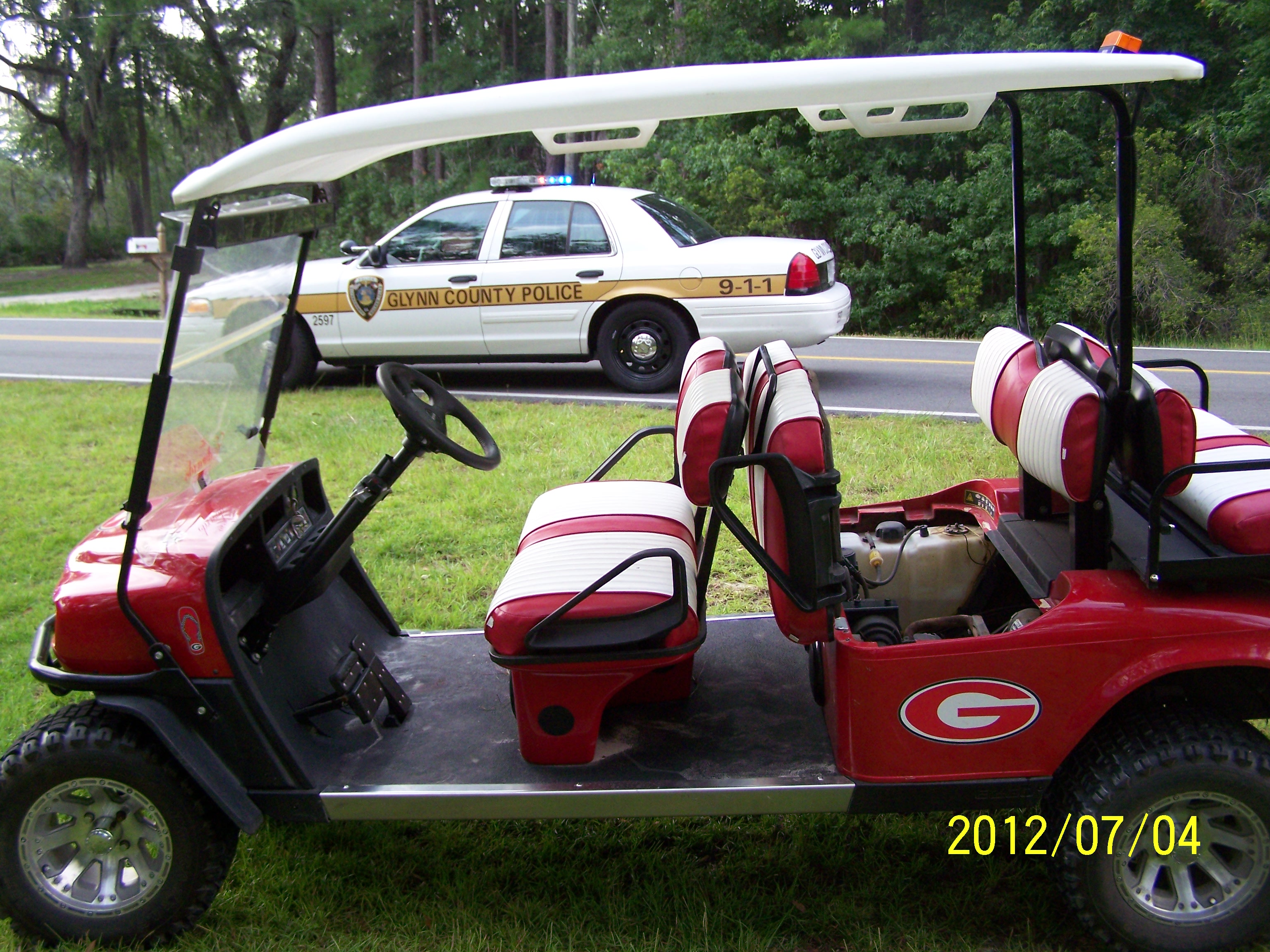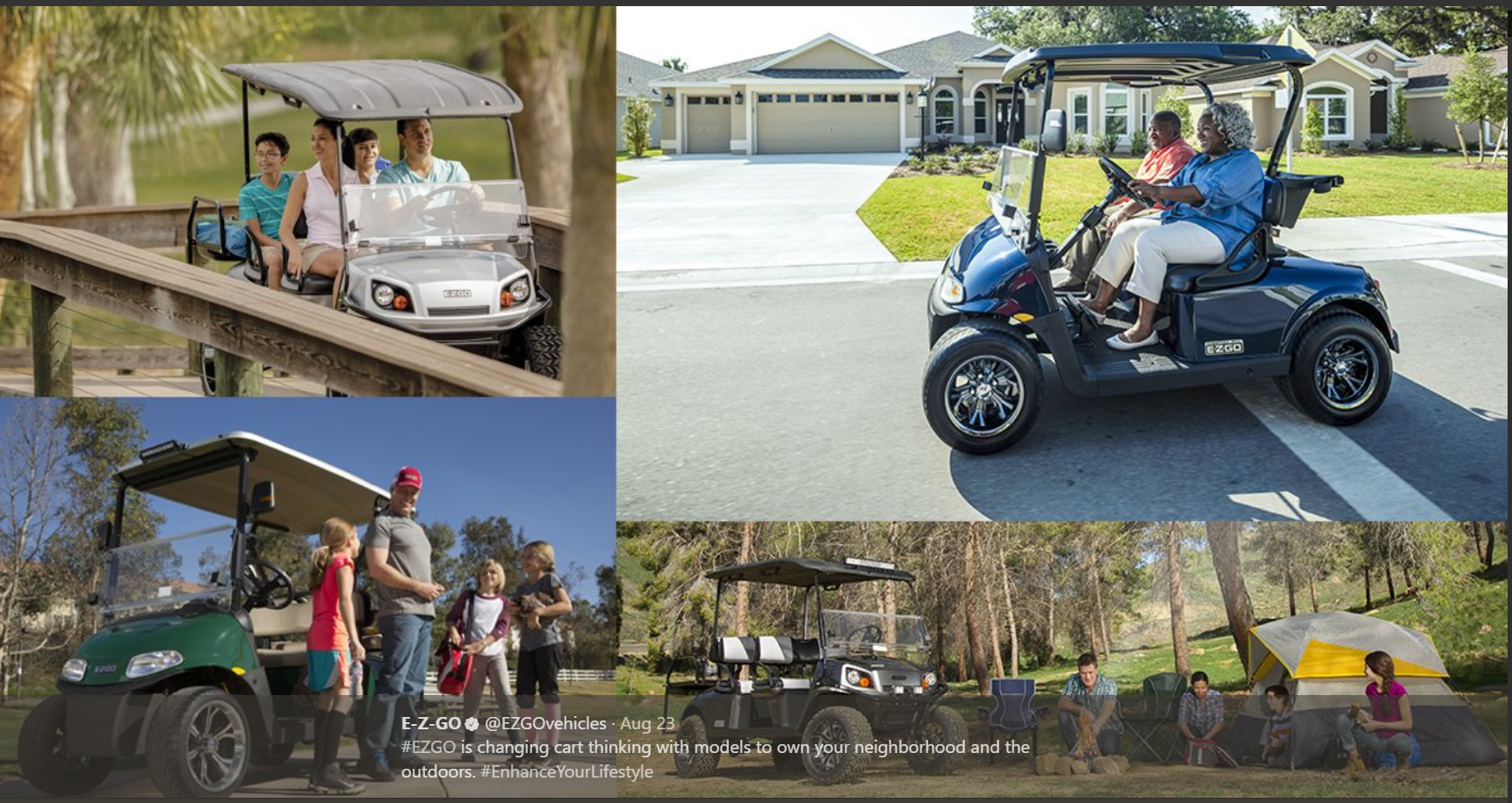
In a recent dispute over where a wrongful death lawsuit should be tried, the plaintiff made the winning argument against a commercial trucking company. Natasha Blakemore as Mother of Natroya Hulbert v. Dirt Movers, Inc. et al., A17A1540 (January 11, 2018). The plaintiff argued that the case should be tried in the county where the injury took place, while the trucking company argued it had the right to remove the case to the county where its office was located.
The two statutes at issue were O.C.G.A. §§ 40-1-117(b) and 14-2-510(b)(4). O.C.G.A. § 40-1-117(b) is part of the Georgia Motor Carrier Act, which are the statutes that govern commercial motor carriers. That statute says an injured party who sues a motor carrier can bring the case in the county where the injury occurred regardless of where the motor carrier is located. In contrast, O.C.G.A. § 14-2-510(b)(5), which governs corporations, says that, regardless of where the injuries occurred, a corporation is entitled to have the case adjudicated in the county where it maintains its principal place of business.
Here, Dirt Movers, Inc. argued that O.C.G.A. § 14-2-510(b)(5) should apply even if venue was proper under O.C.G.A. § 40-1-117(b). The Court of Appeals disagreed. Holding that if venue was proper under both O.C.G.A. §§ 40-1-117(b) and 14-2-510(b)(4), which was true here, the plaintiff was entitled to bring her lawsuit in the county where the injuries occurred.
Nice try by the trucking company, but the case will go forward in the county where the injuries occurred.





